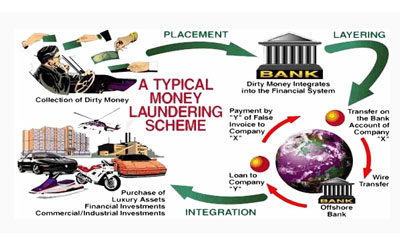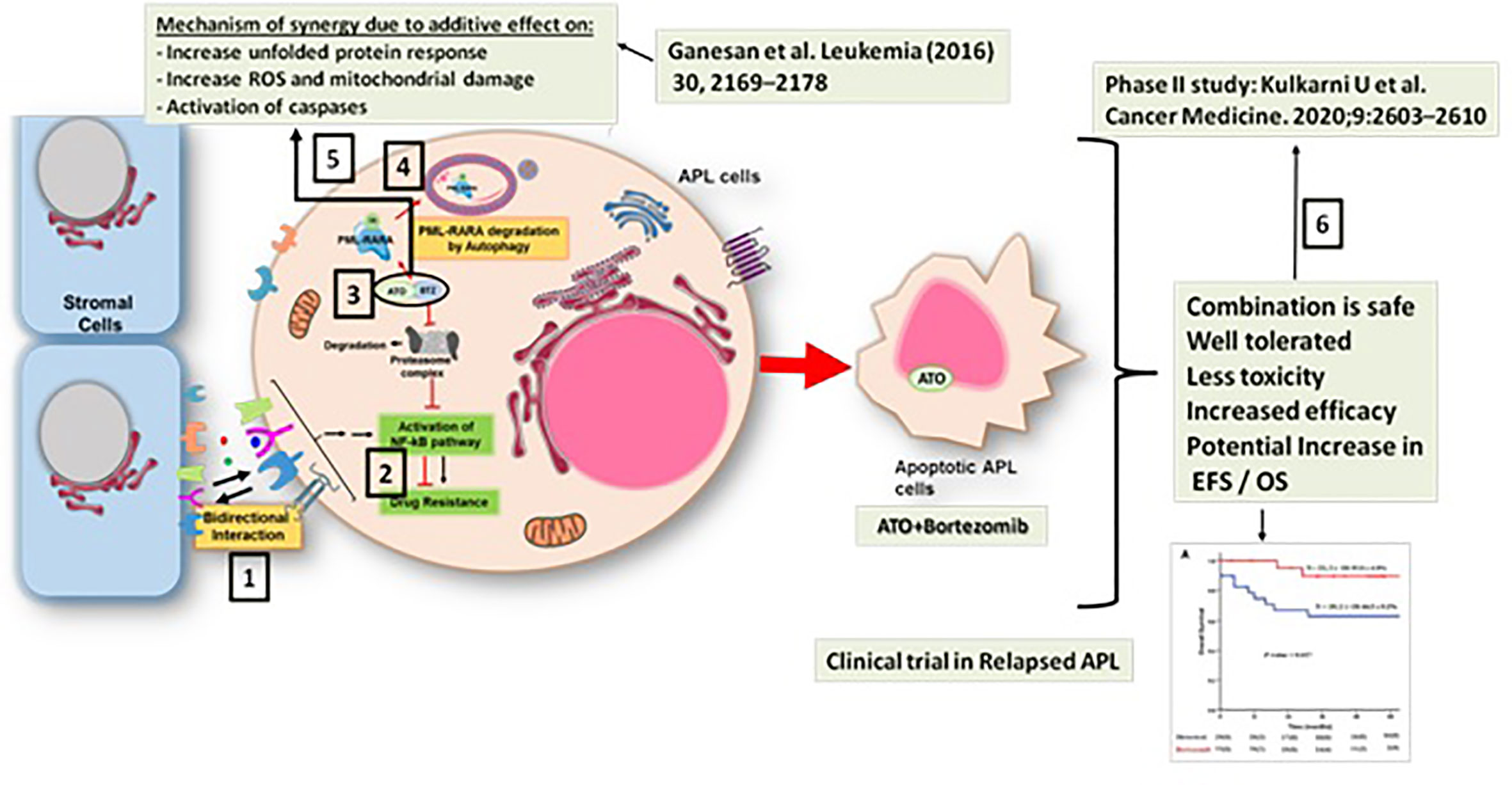Your Define the term money laundering images are available in this site. Define the term money laundering are a topic that is being searched for and liked by netizens today. You can Download the Define the term money laundering files here. Get all royalty-free vectors.
If you’re searching for define the term money laundering images information connected with to the define the term money laundering topic, you have pay a visit to the ideal site. Our site always gives you suggestions for viewing the highest quality video and picture content, please kindly surf and locate more enlightening video content and images that fit your interests.
Define The Term Money Laundering. Money Laundering meaning in law Money laundering is a term used to describe a scheme in which criminals try to disguise the identity original ownership and destination of money that they have obtained through criminal conduct. Money laundering terms and definitions. Money laundering is the act of disguising the original ownership identity and destination of the profits of a crime by hiding it within a legitimate financial institution and making it. Money laundering has been practised for over 6000 years but the term itself comes from the prohibition era of american history.
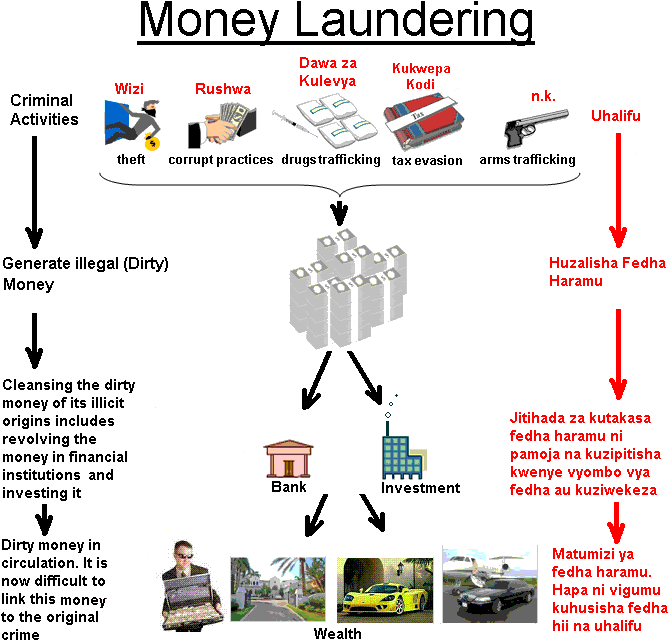
The laundering is done with the intention of making it seem that the proceeds have come from a legitimate source. Today its definition is often expanded by government. Money laundering is the term used to describe the act of taking illegal money from source A and making it look like it came from source B a legitimate legal source. It is a worldwide problem with approximately 300 billion going through the process annually in the United States. It is a key operation of the underground economy. Domestic money laundering transactions 1956 a 1.
Money laundering refers to a financial transaction scheme that aims to conceal the identity source and destination of illicitly-obtained money.
N The process of hiding the source of illegal income by processing it through a large-turnover entity who takes a premium from it and then receiving the income from that entity to avoid suspicion. Laundering allows criminals to transform illegally obtained gain into seemingly legitimate funds. Ultimately it is the process by which the proceeds of crime are made to appear legitimate. In the money laundering lexicon the term refers to jurisdictions deemed favorable to foreign investments because of low or no taxation or strict bank secrecy regulations. Laundering allows criminals to transform illegally obtained gain into seemingly legitimate funds. Money laundering has been practised for over 6000 years but the term itself comes from the prohibition era of american history.
 Source: tookitaki.ai
Source: tookitaki.ai
Money laundering is the processing of these criminal proceeds to disguise their. The European Commission For Anti-Money Laundering issued in 1990 defined money laundering as follow the process of transferring funds collected from criminal activities with the aim to hide or deny the illegal or prohibited source of such funds or to assist any person. Money laundering is the process used to disguise the source of money or assets derived from criminal activity. It is a worldwide problem with approximately 300 billion going through the process annually in the United States. In the past the term money laundering was applied only to financial transactions related to organized crime.
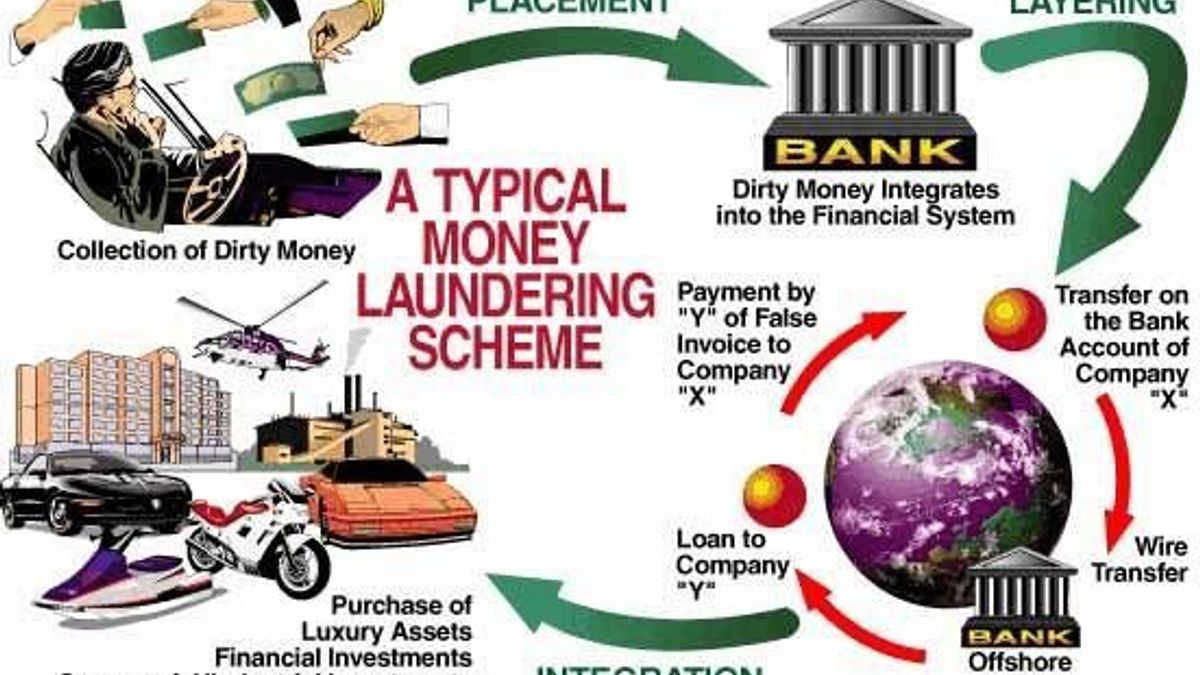 Source: jagranjosh.com
Source: jagranjosh.com
It is a crime in many jurisdictions with varying definitions. Anti-money laundering AML refers to the laws regulations and procedures intended to prevent criminals from disguising illegally obtained funds as legitimate income. A definition and brief description of Money Laundering in relation to national security is as followsHiding the profits earned from criminal activities by converting them into a different type of currency or asset or by moving them to a secretive place. The European Commission For Anti-Money Laundering issued in 1990 defined money laundering as follow the process of transferring funds collected from criminal activities with the aim to hide or deny the illegal or prohibited source of such funds or to assist any person. In the past the term money laundering was applied only to financial transactions related to organized crime.
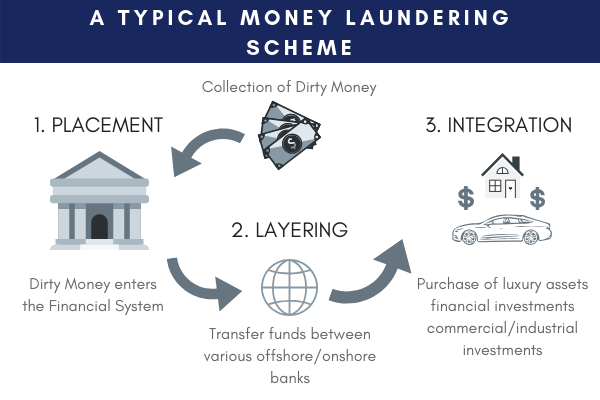 Source: lki.lk
Source: lki.lk
Money Laundering meaning in law Money laundering is a term used to describe a scheme in which criminals try to disguise the identity original ownership and destination of money that they have obtained through criminal conduct. Money laundering is the term used to describe the act of taking illegal money from source A and making it look like it came from source B a legitimate legal source. Offshore Banking License A license that prohibits a bank from doing business with local citizens or in local currency as a condition of its license. Money laundering has been practised for over 6000 years but the term itself comes from the prohibition era of american history. Profit-motivated crimes span a variety of illegal activities from drug trafficking and smuggling to fraud extortion and corruption.
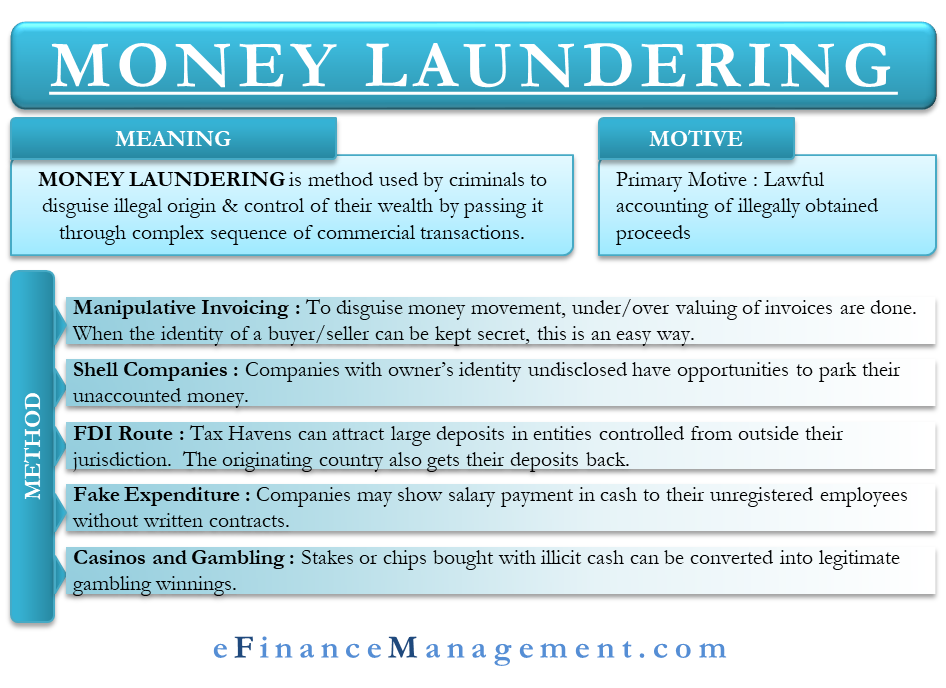 Source: efinancemanagement.com
Source: efinancemanagement.com
General process of money laundering. Anti-money laundering AML refers to the laws regulations and procedures intended to prevent criminals from disguising illegally obtained funds as legitimate income. In the past the term money laundering was applied only to financial transactions related to organized crime. Ultimately it is the process by which the proceeds of crime are made to appear legitimate. N The process of hiding the source of illegal income by processing it through a large-turnover entity who takes a premium from it and then receiving the income from that entity to avoid suspicion.
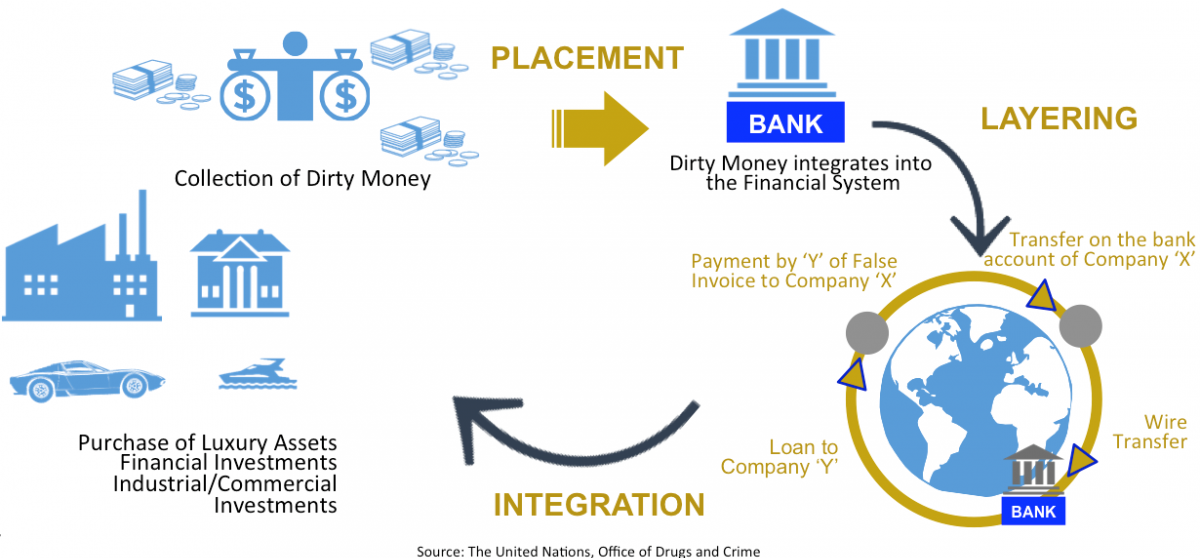 Source: eimf.eu
Source: eimf.eu
Money laundering is the illegal process of converting money earned from illegal activities into clean money that is money that can be freely used in legitimate business operations and does not have to be concealed from the authorities. Money which is evidently the proceeds of a crime is referred to as dirty money and money which has been laundered to appear legitimate is referred to as clean money. Laundering allows criminals to transform illegally obtained gain into seemingly legitimate funds. A definition and brief description of Money Laundering in relation to national security is as followsHiding the profits earned from criminal activities by converting them into a different type of currency or asset or by moving them to a secretive place. Laundering allows criminals to transform illegally obtained gain into seemingly legitimate funds.
 Source: allbankingalerts.com
Source: allbankingalerts.com
Money laundering is the process of changing large amounts of money obtained from crimes such as drug trafficking into origination from a legitimate source. Offshore Banking License A license that prohibits a bank from doing business with local citizens or in local currency as a condition of its license. Money laundering is a term used to describe a scheme in which criminals try. Money laundering is the processing of these criminal proceeds to disguise their. Define Money Laundering.
 Source: jagranjosh.com
Source: jagranjosh.com
Profit-motivated crimes span a variety of illegal activities from drug trafficking and smuggling to fraud extortion and corruption. General process of money laundering. Money laundering is the process of changing large amounts of money obtained from crimes such as drug trafficking into origination from a legitimate source. Is the practice of covering the origins of illegally-obtained money. Money laundering is the processing of these criminal proceeds to disguise their.
 Source: bitquery.io
Source: bitquery.io
Anti-money laundering AML refers to the laws regulations and procedures intended to prevent criminals from disguising illegally obtained funds as legitimate income. Money laundering is the act of disguising the original ownership identity and destination of the profits of a crime by hiding it within a legitimate financial institution and making it. Money laundering is the process used to disguise the source of money or assets derived from criminal activity. Money which is evidently the proceeds of a crime is referred to as dirty money and money which has been laundered to appear legitimate is referred to as clean money. Money laundering is one of the most common forms of organised crime in the UK.
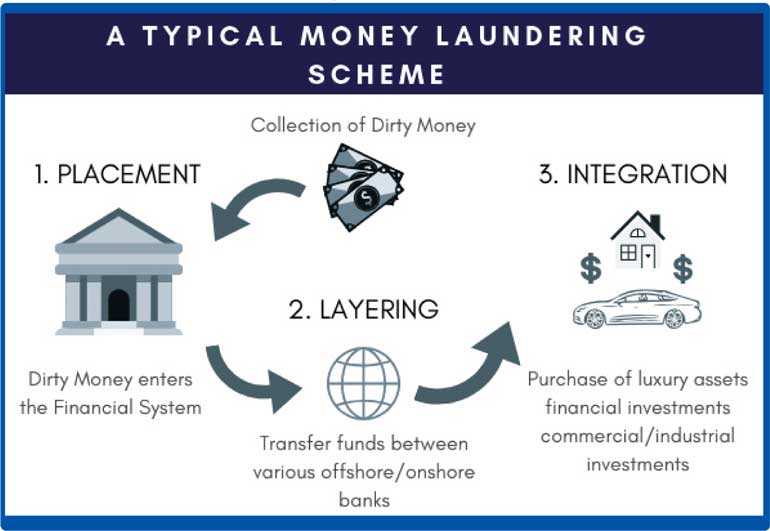 Source: ft.lk
Source: ft.lk
Money laundering is the process used to disguise the source of money or assets derived from criminal activity. Is the practice of covering the origins of illegally-obtained money. See this manual at 2182. It is a key operation of the underground economy. What is money laundering.
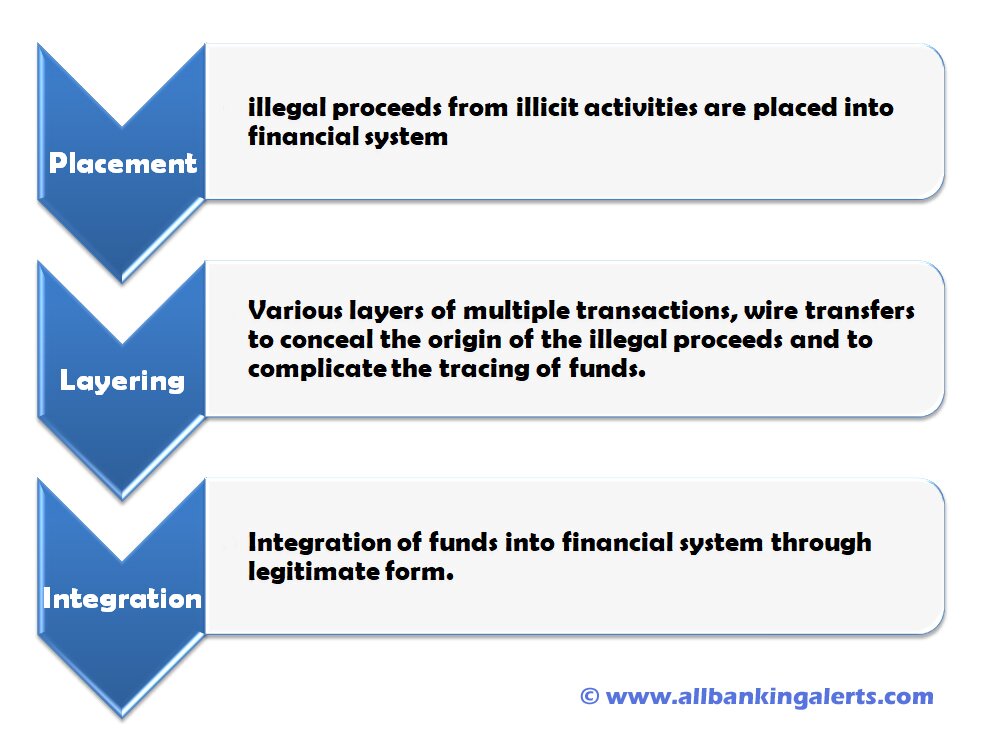 Source: allbankingalerts.com
Source: allbankingalerts.com
Money laundering is the process used to disguise the source of money or assets derived from criminal activity. It is a key operation of the underground economy. See this manual at 2182. Laundering allows criminals to transform illegally obtained gain into seemingly legitimate funds. Laundering allows criminals to transform illegally obtained gain into seemingly legitimate funds.
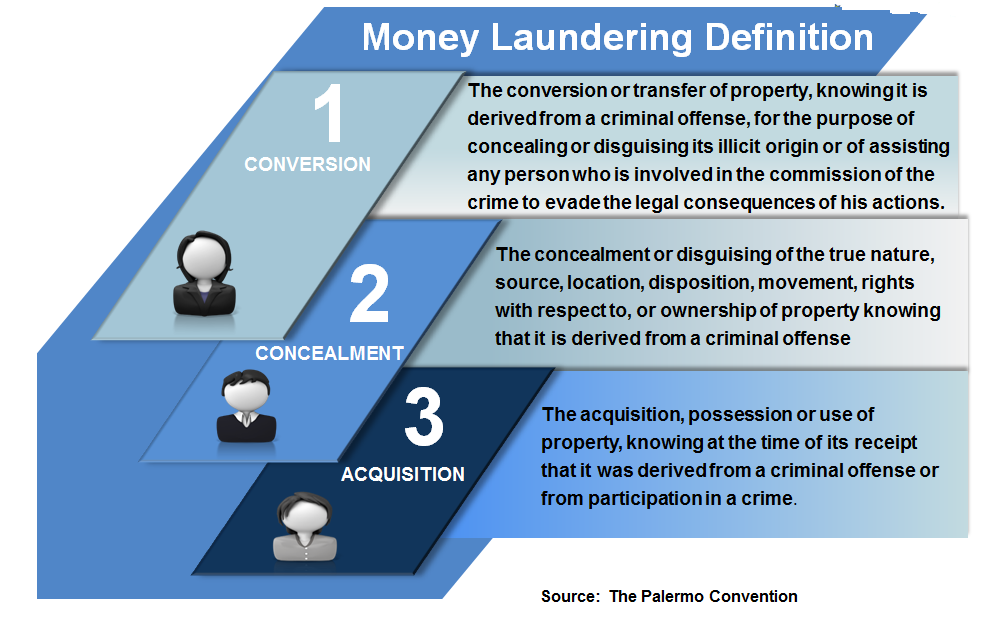 Source: eimf.eu
Source: eimf.eu
Offshore Banking License A license that prohibits a bank from doing business with local citizens or in local currency as a condition of its license. Money laundering is the process used to disguise the source of money or assets derived from criminal activity. In the past the term money laundering was applied only to financial transactions related to organized crime. A definition and brief description of Money Laundering in relation to national security is as followsHiding the profits earned from criminal activities by converting them into a different type of currency or asset or by moving them to a secretive place. Money laundering refers to a financial transaction scheme that aims to conceal the identity source and destination of illicitly-obtained money.
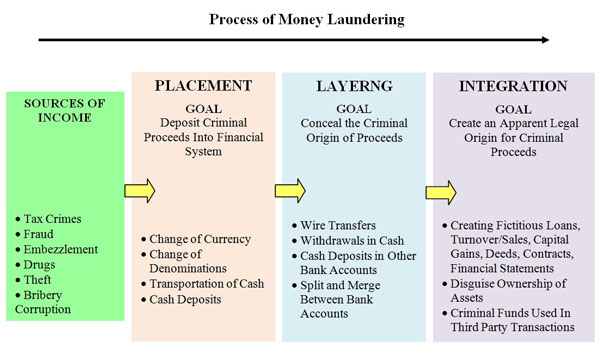 Source: calert.info
Source: calert.info
Money laundering refers to a financial transaction scheme that aims to conceal the identity source and destination of illicitly-obtained money. Money laundering is the process used to disguise the source of money or assets derived from criminal activity. Is the practice of covering the origins of illegally-obtained money. Money which is evidently the proceeds of a crime is referred to as dirty money and money which has been laundered to appear legitimate is referred to as clean money. Money laundering is the process of concealing illicit sources of money to make it appear like legitimately earned money.

Anti-money laundering AML refers to the laws regulations and procedures intended to prevent criminals from disguising illegally obtained funds as legitimate income. The laundering is done with the intention of making it seem that the proceeds have come from a legitimate source. Define Money Laundering. Profit-motivated crimes span a variety of illegal activities from drug trafficking and smuggling to fraud extortion and corruption. General process of money laundering.
This site is an open community for users to do submittion their favorite wallpapers on the internet, all images or pictures in this website are for personal wallpaper use only, it is stricly prohibited to use this wallpaper for commercial purposes, if you are the author and find this image is shared without your permission, please kindly raise a DMCA report to Us.
If you find this site value, please support us by sharing this posts to your favorite social media accounts like Facebook, Instagram and so on or you can also bookmark this blog page with the title define the term money laundering by using Ctrl + D for devices a laptop with a Windows operating system or Command + D for laptops with an Apple operating system. If you use a smartphone, you can also use the drawer menu of the browser you are using. Whether it’s a Windows, Mac, iOS or Android operating system, you will still be able to bookmark this website.

